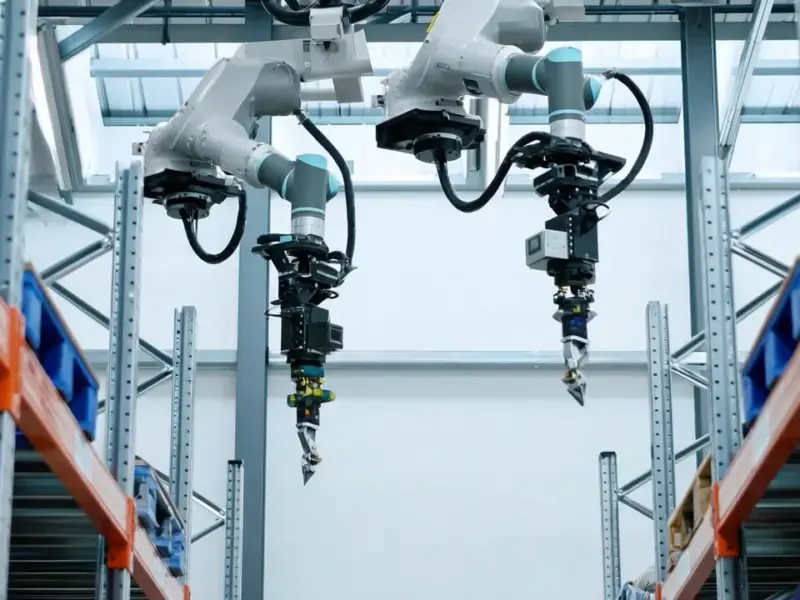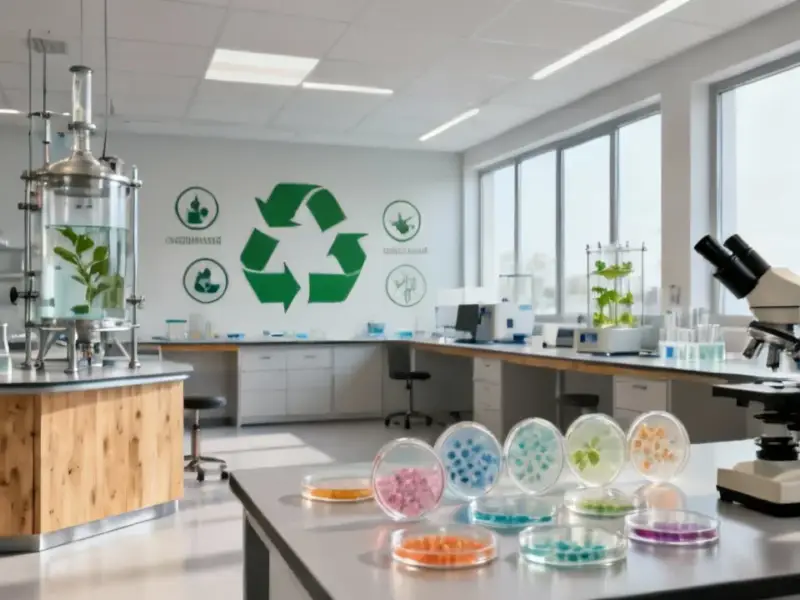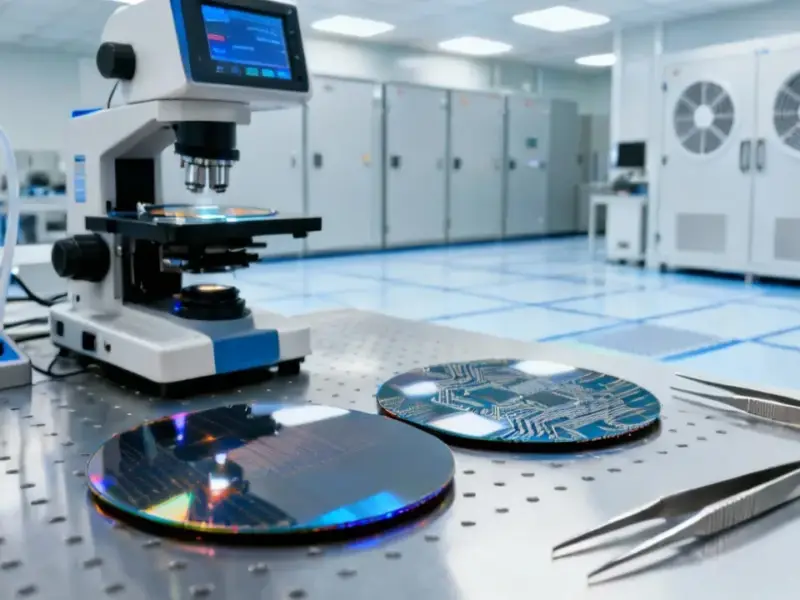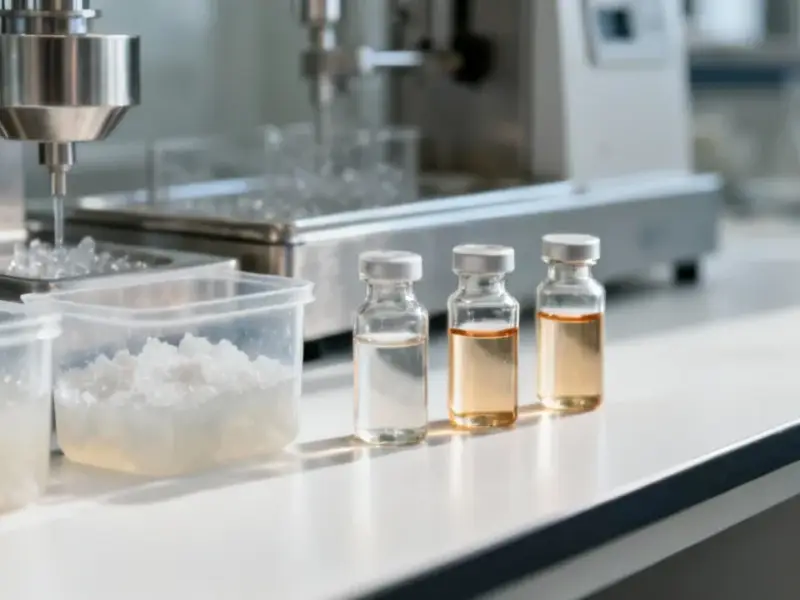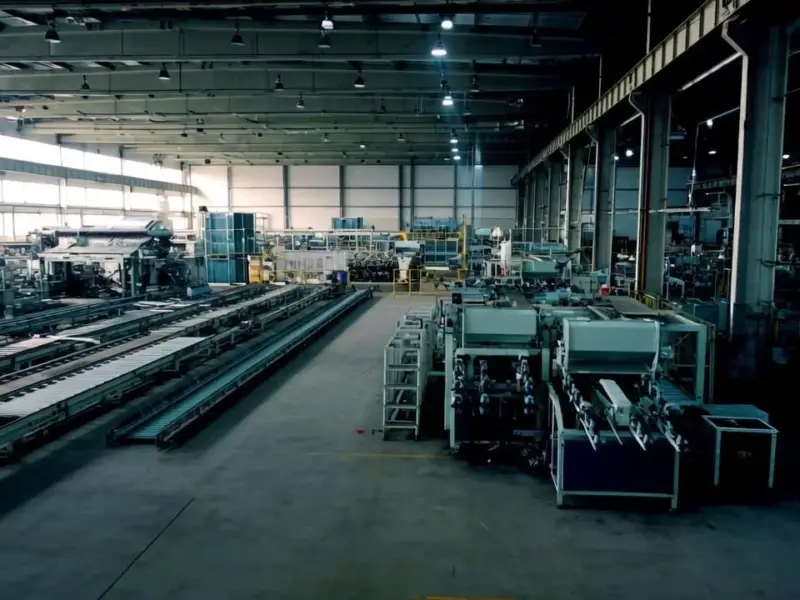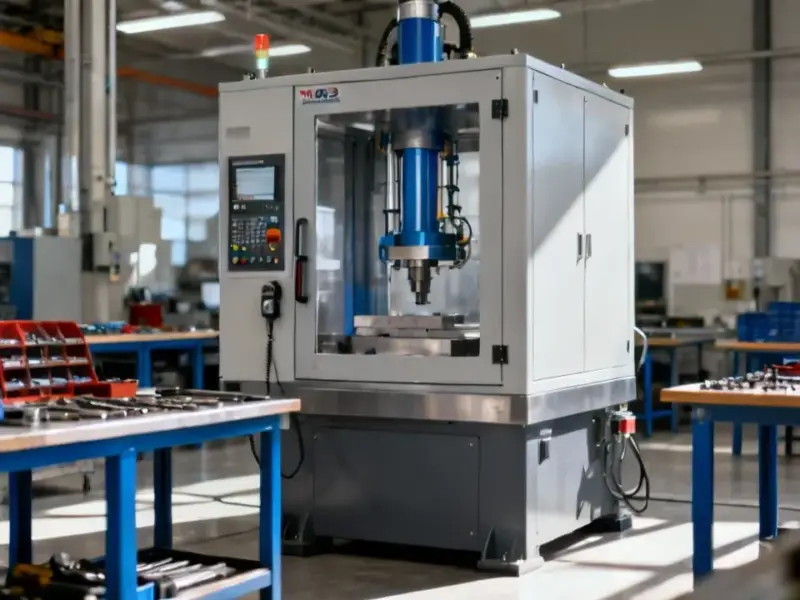Robot Dogs Go Full-Time at UK’s Most Hazardous Nuclear Site
Sellafield Ltd is moving Boston Dynamics’ Spot robot dogs into routine operations for nuclear decommissioning. The mechanical quadrupeds, equipped with radiation sensors, are mapping hazardous areas and collecting data to minimize human exposure. This marks a major shift from trial to essential, eve
